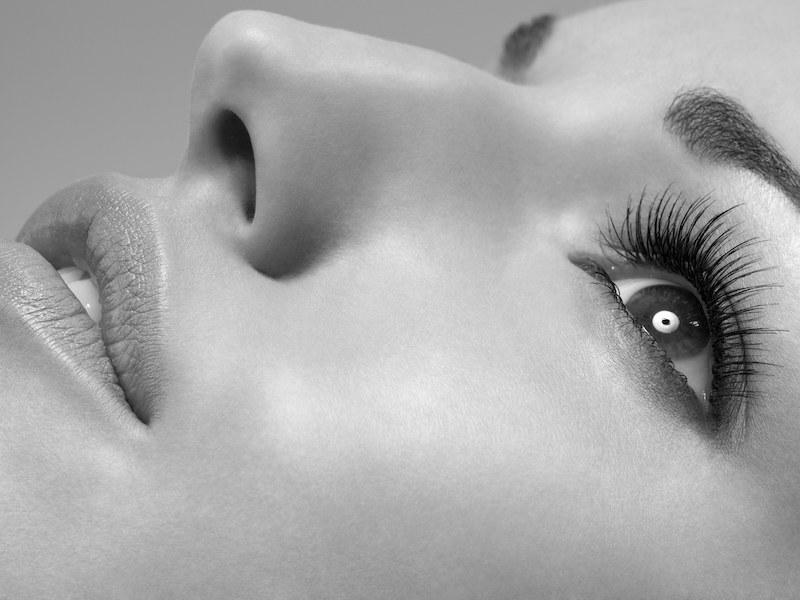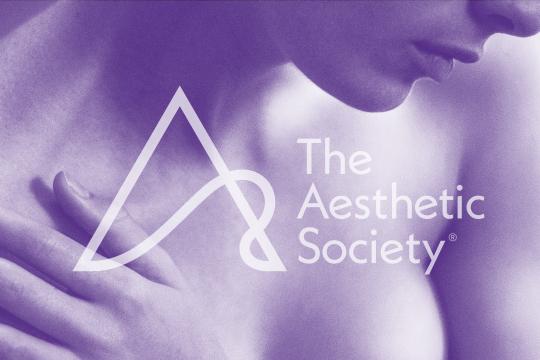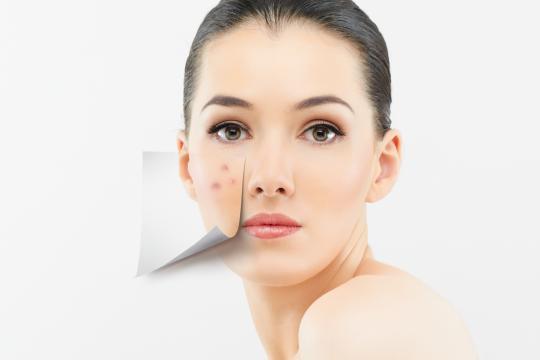
Sleepless nights, environmental damage, perhaps you’re distantly related to a raccoon–whatever the reason, dark circles under the eyes are a look best left to super villains and… you know… raccoons. Why the hate, you ask? We’ll tell you.
Stormy undereye circles can give off the appearance of being overly exhausted, unhealthy and even older than your actual age—and we’re not here for that. Whether they’re caused by genetics, self-inflicted damage (sun exposure, poor skin care, excessive rubbing of the eye area, etc…) or just aging in general—we’re not here for any of that rubbish either. So let’s dive into the the realities of those dark shadows under your eyes—their causes and what we can do about them. Here we go.
Why?!
The reasons why we get dark circles under the eyes varies wildly. Anything from “I was born this way” to “I rubbed my eyes into oblivion” is fair game, but there are a handful of more detailed causes too. And this is where your plastic surgeon comes in. Evaluating the true cause of said circles, can help discern what treatments might be best to eradicate them. Everything from thin skin, to pigmentation issues, to a lack of eye fat (What?!) are all culprits in this blame game. Here are a handful of reasons for those shadows under your peepers and the best solutions in dealing with them:
Thin Skin:
- Reason: The skin on your lower eyelid is the thinnest skin on your body. Because of this, light can easily pass through the skin highlighting the purple hue of the eyelid muscle below.
- Solution: You can’t actually thicken your lower eyelid skin in any significant way. That being said, you can consult with your plastic surgeon about non-ablative fractional laser treatments or Intense Pulsed Light (IPL) treatments to help encourage new collagen growth in the deeper layers of the skin. This can help improve the appearance of those pesky dark circles by camouflaging the area with plump fresh collagen.
Pigmentation:
- Reason: Sun exposure can cause additional pigmentation to form on the lower eyelid in the form of freckles, brown spots or a uniform tan discoloration. This excess pigmentation emphasizes dark circles in some and causes discoloration under the eye in others. Either way you need this like you need a hole in the head.
- Solution: You’re already aware that daily slatherings of SPF and a pair of sunglasses can do wonders at preventing pigment-based dark under-eye circles. But what if that ship has already sailed? Your doctor will have a few in-office tricks up his/her sleeve that can help reduce the appearance of under-eye circles and in some cases even eradicate them completely. Microdermabrasion, topical bleaching creams containing hydroquinone and even chemical peels can all help significantly reduce superficial pigmentation. IPL (Intense Pulsed Light) treatments are also very effective at reducing the appearance of dark circles under the eyes and are typically recommended for fair skinned patients, while patients with darker skin tones can benefit from other non-ablative laser treatments too. A consult with your doctor is your best resource for finding a solution that’s right for you.
Small Blood Vessels:
- Reason: Your eye area is awash in tiny veins and small blood vessels. If the skin under the eye area is particularly thin, then these purplish blueish vessels peek through to the surface, and voila! Dark circles.
- Solution: The aforementioned Intense Pulsed Light (IPL) treatments are quite effective at reducing the appearance of these small veins and blood vessels. Again, a consult with your doctor will inform you whether this is the best course of action for you.
Depression of the Orbital Bone:
- Reason: Some people have a small depression in the bone of the eye socket near the nose. This causes a shadow beneath the lower eyelid which runs from the corner of the eye to the middle of the pupil. Since this depression of the orbital bone is likely genetic, you can thank your Mom and Dad. #thanks
- Solution: If dark circles are caused by an orbital bone depression, you may want to consider a lower eyelid surgery (blepharoplasty) and in some cases facial rejuvenation to address the root of the cause. These procedures can surgically alter the area to removed excess fat and skin, or add fat where it’s lacking. A temporary alternative might be a hyaluronic dermal filler like Restylane. There are some risks with repeated injections in the eye area, so a sit down with an experienced and qualified plastic surgeon is advised.
Lack of Eyelid Fat:
- Reason: This one is for those folks who lack a normal amount of infraorbital fat inside the actual eye socket that cushions the eyeball. This lack of fat causes the lower eyelid to “sink” in and create shadows or dark circles around the eyes.
- Solution: While a lack of fat isn’t always a problem, your eye area is one place where a little plumpness is a perk, and this is another instance in which your surgeon might recommend a lower eyelid surgery (blepharoplasty) and/or adding fat beneath the eyelid. Dermal fillers can also be used but again, the results are temporary and repeated injections into the eyelid area that are deep enough to correct this problem does have its risks. It’s vital to consult with your doctor to assess any potential safety issues and decide what treatment might best suit you.
Aging:
- Reason: Aging. *sigh. It’s a thing. And if your eyelids don’t know it now, at some point they probably will. As the eyelid ages, normal tissue and fat can begin to protrude out against the lower eyelid. Sprinkle in a little gravity, and boom—eye bags or puffy eyes. Not exactly the dark circles we’ve waxed poetic about, but close enough to be equally as troublesome.
- Solution: Blepharoplasty is the most permanent and effective technique to remove dark circles under the eyes due to aging. During surgery excess fat causing the eye bags is removed. Some of the fat is placed back into the eye beneath the depression, while excess skin is removed if necessary and the eyelid muscle tightened. All in an effort to get your peepers back to their bright and bushy-tailed selves.
Which brings us to our final reason for under-eye circles:
You are an Actual Raccoon:
- Reason & Solution: Though we find this one unlikely—a raccoon is probably unable to read this post—you may be an actual raccoon. In which case, your eyes are perfection, carry on.
Who Should Remove Dark Circles Under Their Eyes?
As we mentioned before, not raccoons. (Ok, we’ll stop. Sorry. We’re done.) The short answer is that dark under-eye circles can lead to an aged, tired-looking appearance, and that’s not necessarily the best foot you’d like to put forward. If you’re troubled by the appearance of a shadowy, sunken under-eye, a consult with a board-certified plastic surgeon can help you explore the different treatments available today.
Since the under-eye area is very sensitive and requires that your plastic surgeon is experienced with this area of the face, it’s imperative that you vet your doctor thoroughly. Ask to see before and after photos of former patients, make sure that you understand all of the risks associated with your treatment, and be sure to discuss with your doctor what a realistic expectation for your result will be.








